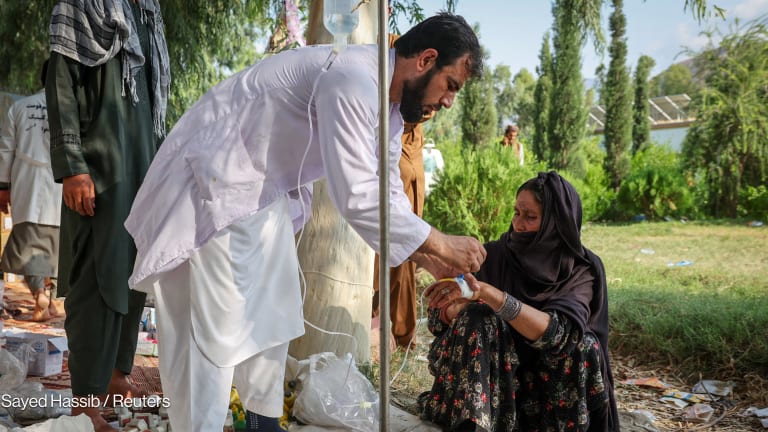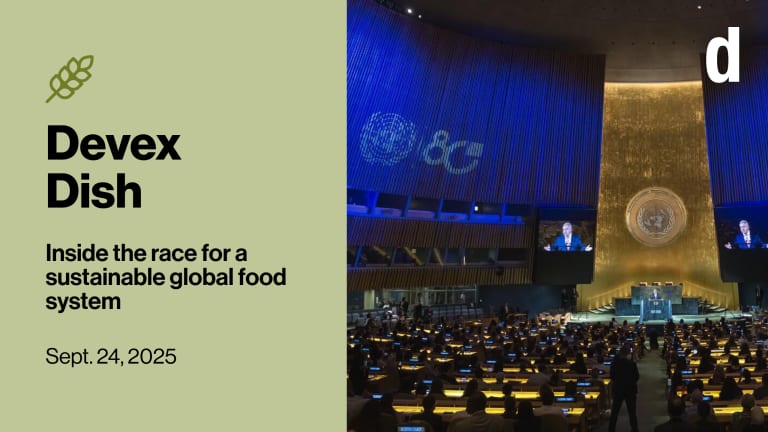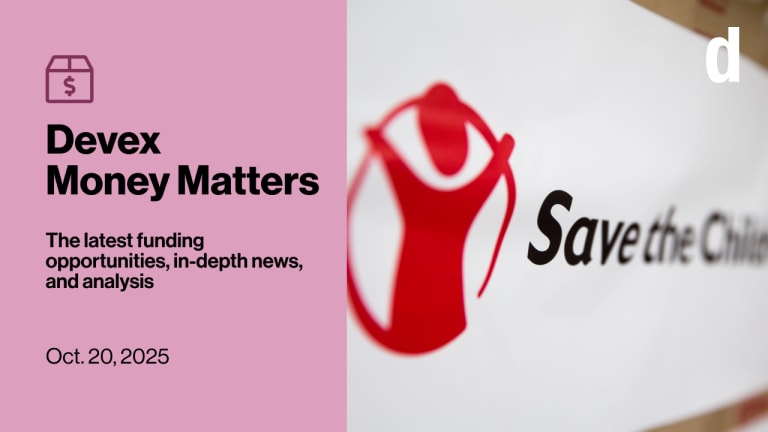Aid agencies in Pakistan are on their wits’ end. How could they make ends meet for the more than 9 million people affected by the floods in Sindh and the southwestern province of Balochistan?
Oxfam, Save the Children, Care International and ACTED expressed their concerns on the “sluggish pace of contributions” to flood-hit Pakistan. They warned of having to halt their relief operations in the country if the funding crisis continues.
Oxfam has already said it will have to cut back on its relief efforts by the year’s end if it does not get enough funding. Save the Children and Care International, meanwhile, said they are also facing a serious funding deficit.
Sixty percent of the population affected by the floods remain in dire need of food, safe drinking water, health care and shelter. And many of those who lost their homes do not have access to basic sanitation facilities, making them vulnerable to water- and vector-borne diseases such as malaria, typhoid, dysentery, cholera, pneumonia, diarrhea, hepatitis and other skin infections.
The approaching winter adds to the already troubling situation. At present, over 67 percent of food stocks, 73 percent of crops, and 80 percent of water and sewerage systems have already been destroyed by the floods in 13 districts in Sindh, Pakistan National Disaster Management Authority Chairman Zafar Iqbal Qadir said. And with most fields in southern Pakistan still in knee-deep floodwaters, the food system in the country is under serious threat.
“We had expected the situation to stabilise by now, but it is going from bad to worse,” Save the Children Pakistan Country Director David Wright said. “Each day that passes puts more children at risk of contracting diseases. Malnutrition levels among children under-five are among some of our worst-recorded cases. Children’s immunity is very weak, and we fear winter will make the situation worse if aid is not immediately stepped up.”
As of Dec. 7, only $131 million of the total $357 million appeal of the United Nations for the country has been reached. If the funding shortfall continues, aid agencies fear the possibility of a major humanitarian crisis.
Read more:
Read more development aid news online, and subscribe to The Development Newswire to receive top international development headlines from the world’s leading donors, news sources and opinion leaders — emailed to you FREE every business day.








